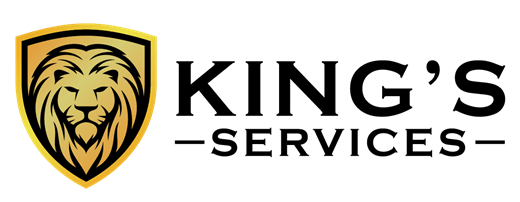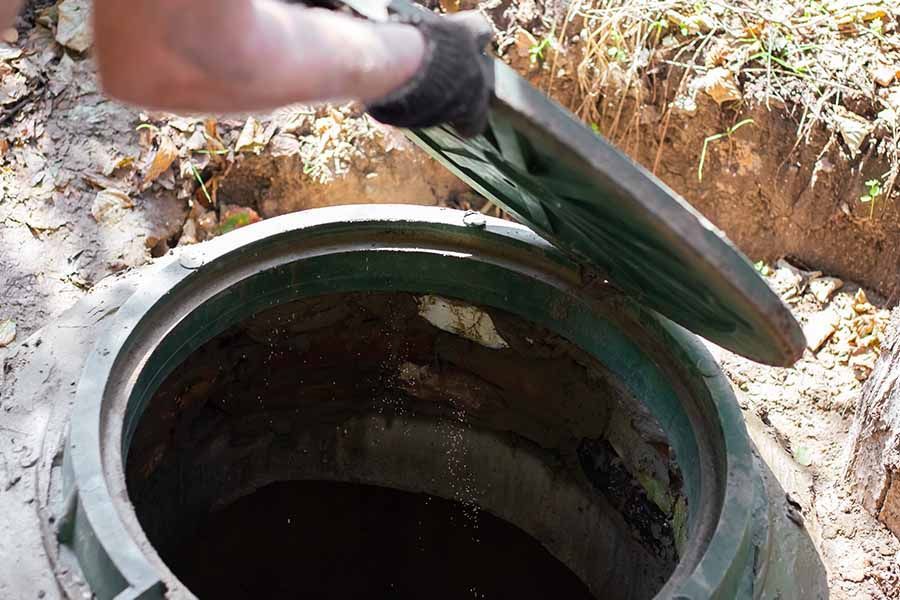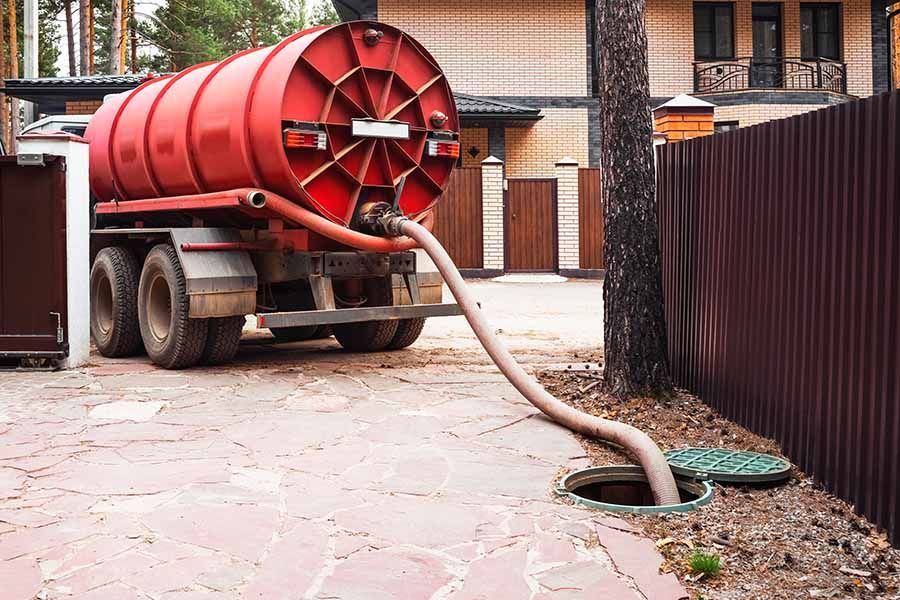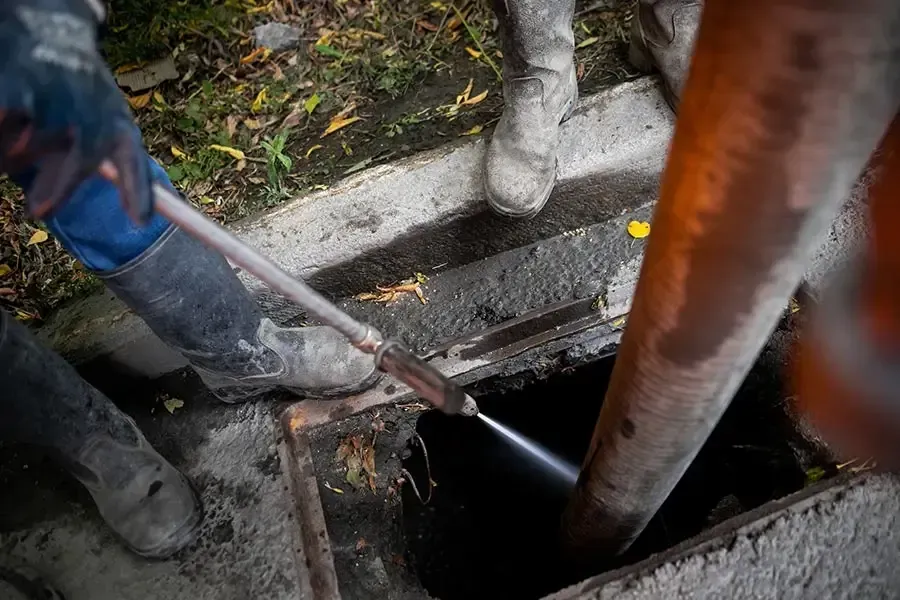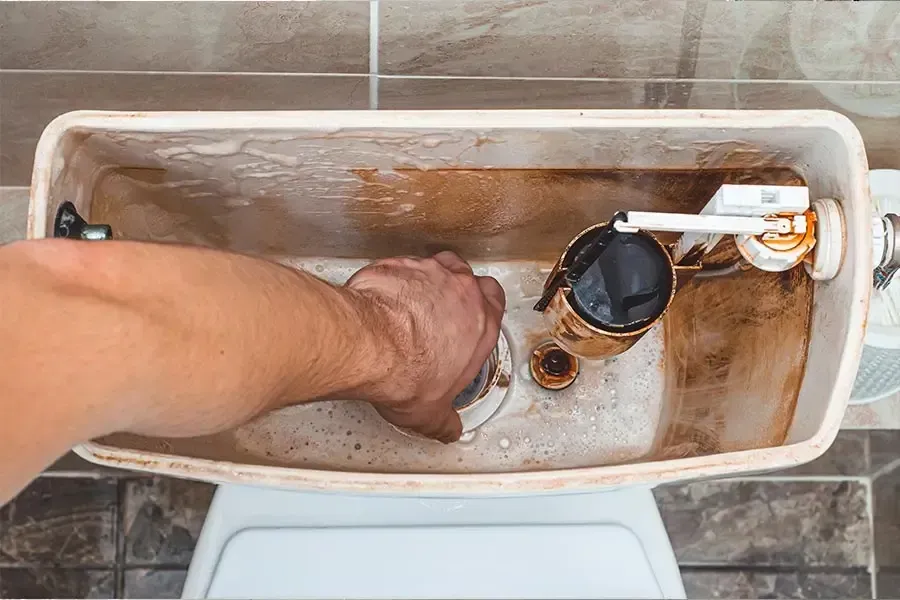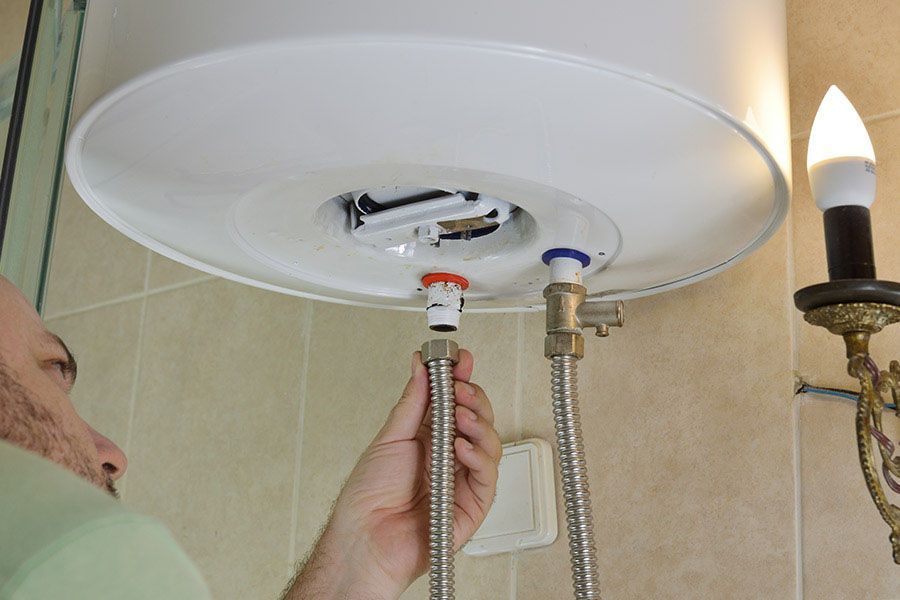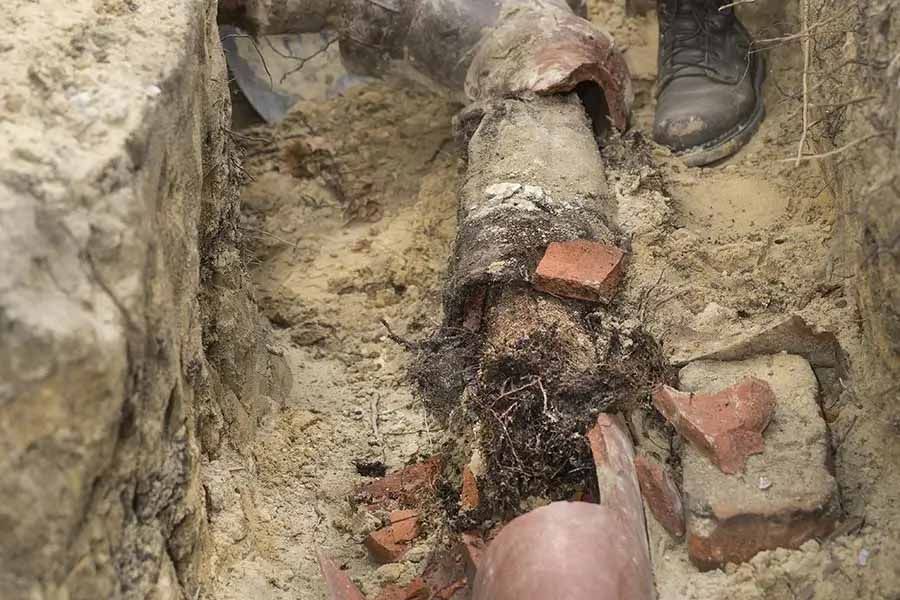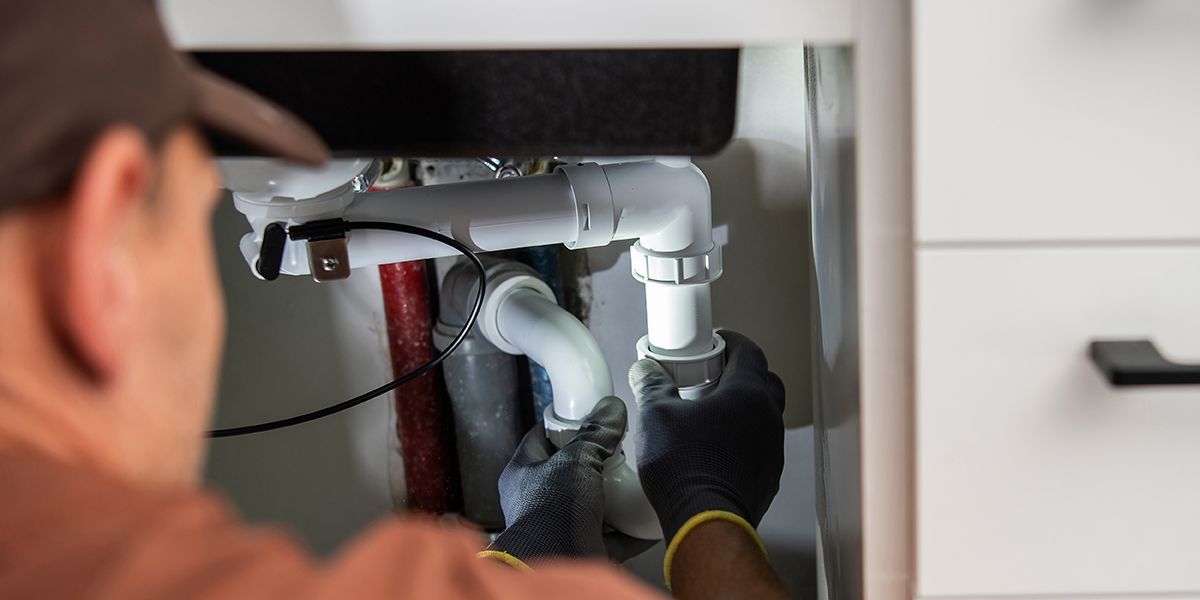
Have your drains seemed slow lately? Do you notice odd sounds coming from your pipes or weird smells coming from your sink? If so, your sewer lines may be clogged and in need of cleaning.
Keeping your sewer system clean is important, both for making sure that you can dispose of waste properly and to help you save money on costly plumbing repairs.
Here, we'll explain how to keep sewer lines clean with a few simple tips.
Expert Sewer Line Repair & Diagnostics From tree root intrusion to collapsed lines, our certified technicians identify the root cause and deliver permanent solutions. Trust Winnipeg’s plumbing experts. Call King’s Services at 431-631-0817 for a consultation.
1. Be Careful with Your Drains
Using your kitchen drain to dispose of food waste eventually leads to clogged drain lines. Food waste struggles to flow through drains and frequently becomes stuck. In particular, coffee grounds, egg shells, raw meat, and pasta cause serious problems. The heavier the food waste, the more likely it is to cause issues for your sewer system.
Even if your kitchen drain has a garbage disposal, it is best to scrape leftover food off of your plate and into the trash can before you rinse it in the sink. You should always dispose of non-food waste, like hair, in the garbage as well.
2. Don’t Flush Solid Items
People often flush items such as paper towels, baby wipes, hygiene products, and dental floss down their bathroom drains. This causes serious issues, as solid items may eventually block parts of your sewer system.
Instead, dispose of solid items in the garbage. Even if the item’s packaging says that it is flushable, it is always better to be safe than sorry.
3. Use High-volume Flushing
All toilets have a flush setting which determines the amount of water used per flush. Low-flush toilets save water but are less effective at flushing waste. In particular, these low-flow toilets struggle to process waste if you have sewer lines that run slightly uphill.
High-volume flush toilets use a higher quantity of water, allowing for more effective waste disposal. Consider working with a plumber to switch to high-volume toilets if you have not already. They can help you learn how to keep sewer lines clean.
4. Avoid Multi-Ply Toilet Paper
Thick types of toilet paper often cause blockages and buildup in sewer lines. Even brands marketed as flushable can cause serious issues. It is best to stick to thinner, one-ply toilet paper instead of extra-thick brands. You will also save money by doing so.
5. Maintain Your Trees
As beautiful as trees can be, their roots often cause serious issues for sewer lines. Roots love drain lines, as they offer a source of water and nutrients that allow the tree to grow. As a result, your sewer lines may become clogged or even ruptured by roots growing into them.
Make sure you regularly trim your trees and bushes, and make note of your sewer lines when deciding to plant new greenery. Consider the type of plant you are planting, specifically thinking about the size and shape of its roots. Many people overlook this step when considering how to keep sewer lines clean.
6. Avoid Fats, Oils, and Grease Buildup
While solid foods of all kinds cause difficulties for sewer lines, fats, oils, and greases (FOG) are by far the worst offenders. Most sewer pipe problems trace back to excess buildup of these three substances. They stick to the insides of your drains, clogging them up and making it easier for other foods to get stuck.
Fatty greases become harder to dislodge over time, eventually leading to drain failure. A telltale sign of fatty buildup in your sewer system is an unpleasant smell coming from your drains.
Dispose of greasy, fatty foods in the garbage, and thoroughly wipe any remaining residue off your dishes. Doing so will stop your sewer lines from clogging and save you from having to spend money on expensive repairs.
7. Regularly Clean Your Sewer Lines
FOG buildup can be tricky to remove from sewer lines, as it hardens and becomes sticky over time. This stickiness causes other solid debris to stick to it, increasing buildup and worsening the problem.
An effective way to clear your sewer lines of debris is to use a baking soda and vinegar mix. Baking soda and vinegar, when mixed together, loosens FOG buildup and dislodges debris, making it easier to flush out. This cheap and easy method works well, especially as a first line of defence. Always avoid harsh chemical drain cleaners, as these can corrode your pipes.
However, repeatedly using any drain cleaner, even baking soda and vinegar, to clean pipes may cause problems in the long run. This chemical solution works well in small doses but can cause drain damage with repeated use.
Another option involves using an enzyme solution. Enzymes are natural molecules that effectively break down and digest greases, fats, and any other non-biodegradable substances. They are extremely effective at dissolving both large and small sewer pipe clogs. It is best to mix an enzyme solution with hot water, as it makes the enzymes much more effective.
DIY drain cleaning tactics won't replace routine plumbing inspections and drain cleaning. For recurring clogs, always call an experienced plumber who can address issues deep in your pipes or sewer line.
8. Invest in Preventive Pipe Care
Preventive cleaning and maintenance prevent plumbing problems before they happen. An effective way to flush and clean your drain lines is by filling all of the sinks, washing machines, and bathtubs in your home with cold water. Draining all of these water-holding receptacles at the same time will help you flush any and all debris out of your sewer system.
Knowing how to keep sewer lines clean begins with preventative care, as recent government wastewater infrastructure improvements demonstrate.
Effective Sewer Inspection Services
King’s Services specializes in
sewer inspection in the Winnipeg, MB, region. Our certified plumbers will work with you to identify and solve whatever plumbing problems you might be having. Give us a call at
431-631-0817 today!

